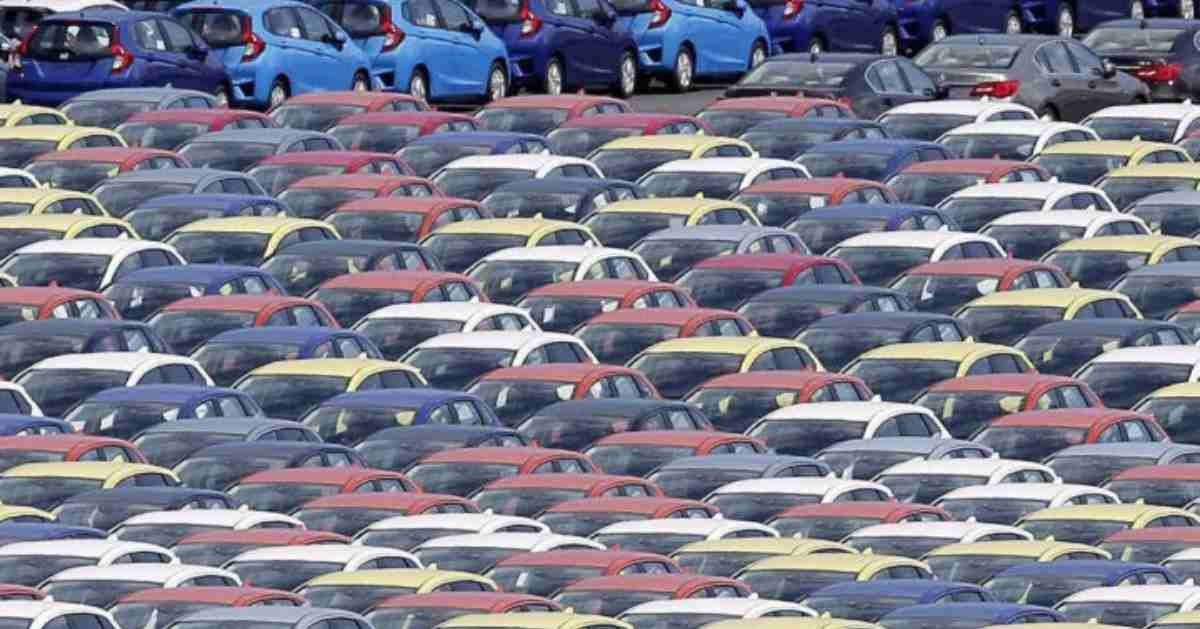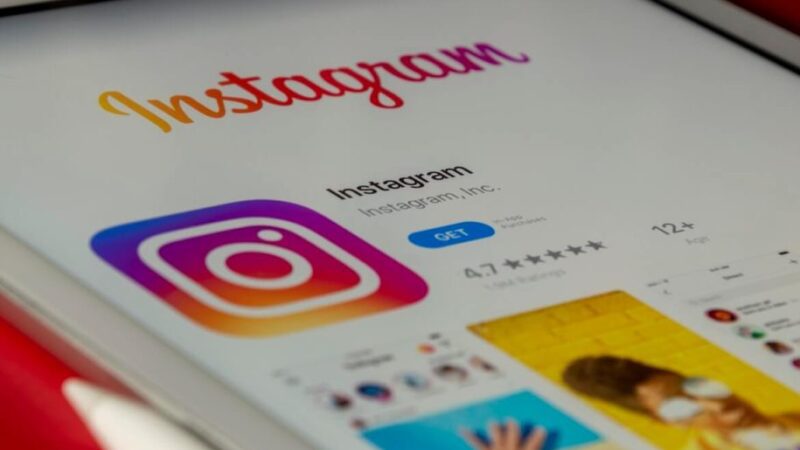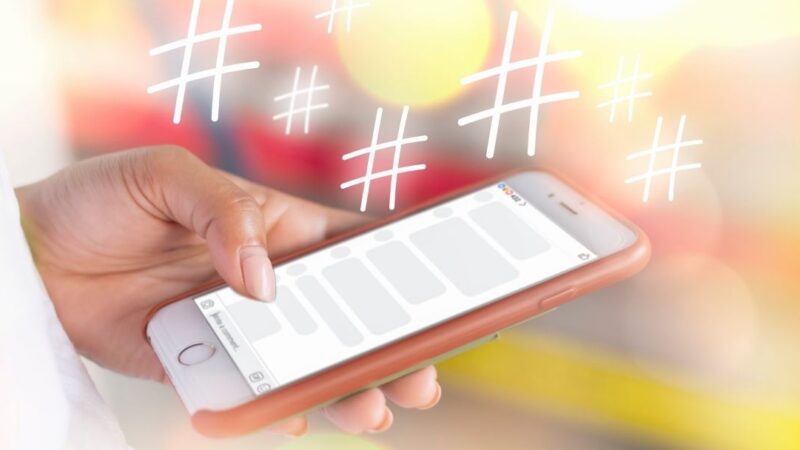How to Buy a Car During COVID-19 Period

With thousands of individuals infected with the coronavirus, global financial markets in turmoil, and fears about job security, purchasing a vehicle is undoubtedly the last thing in most people’s thoughts. Things are fast-changing, and no one can anticipate the full impact of this epidemic on the economy or our lives.
Some buyers are financially secure enough to make a purchase, and manufacturers are easing loan and payment conditions to entice them to do so. Still, we urge you to carefully assess your position before making a decision.
The coronavirus epidemic continues to cause massive economic disruptions throughout the globe as it spirals out of control. Even though the stock market is flourishing, vaccinations are on the way, and the automobile industry has rebounded significantly from early losses. The pandemic has permanently altered the way car buyers and owners think about purchasing and owning a vehicle.
Suppose you’ve concluded that now is the right moment for you. In that case, the next step is to figure out how to buy a car during the COVID-19 period, which is usually a long-consuming process involving substantial human connection. Fortunately, various online shopping options make it simpler than ever to do research, examine inventory, and even make a purchase from the convenience of your own home.
You may wish to check a vehicle history report before making your final selection. The car history records provide a detailed picture of what you’re purchasing, revealing details that your eyes may not be able to notice. You can search up a car’s VIN (Vehicle Identification Number) to determine whether you’re being stuck with a lemon, thanks to better record-keeping ability of the internet.
New vs Used Cars
Purchasing a secondhand automobile might be a wise decision. While it may get exaggerated to suggest that a new car loses one-third of its value the instant you drive it off the dealer’s office, the sharpest decrease happens within the first few years of ownership.
If you purchase a used automobile, you won’t have to pay for the significant depreciation. The manufacturer’s warranty on a two-year-old car is usually still valid. If you acquire a vehicle that gets previously leased, it will most likely be in excellent condition. To save end-of-lease expenses for extra wear and mileage, drivers prefer to take excellent care of their rented cars.
Purchasing a secondhand automobile entails some risk. Because the automobile is older, it may have mechanical problems that a new car does not. Even so, it is feasible to get a reasonable price on a dependable secondhand automobile. When purchasing a used automobile during the Covid-19 outbreak, working with a dealership rather than an individual seller is typically a better choice since dealerships are more likely to have processes in place to maintain their cars hygienic and safe for consumers to purchase.
It’s also a great idea to have an impartial examination performed by a technician, who can frequently spot issues that you would overlook. Even if you have a stay-at-home order, mechanics are considered essential employees in most states and will still be accessible to you.
1. Decide on what kind of Car You Desire
This includes not just the manufacturer and model but also the characteristics that you want or desire. Fortunately, most of this procedure may get performed via internet research, which does not require interacting with other people.
2. Make certain you have a Backup Plan in place
You’ll put yourself at the mercy of the dealer if you fall in love with a vehicle and decide there’s just one model you want. As a result, it’s a good idea to think of a backup plan. If you genuinely wish to a Honda Accord, for example, a comparable vehicle like the Toyota Camry will suffice. You’ll be a better negotiator if you have that second alternative in mind.
3. Take a look Around
You may look for the lowest price online, in newspapers, or by phoning dealerships in your neighbourhood after you’ve settled on the specific automobile you want and the features you want. This may also be useful for determining which dealerships are still operational.
4. Feel confident in your Ability to Bargain
You don’t have to rely on the dealership just because you’re purchasing at a particular time. To fight dropping sales, many dealerships may be more eager to haggle than usual. Remember to stick to the model and choices you want and oppose salespeople’s efforts to upsell you on needless and expensive extras.
5. Inquire about contactless Test Drives
Some dealers will deliver automobiles to the homes of nearby customers for test drives. They’ll almost definitely have a sanitization policy in place, which involves donning masks and cleaning down the car before your drive. Still, if the dealer doesn’t make it apparent, you should double-check. If feasible, we suggest driving the vehicle before purchasing it; you’ll want to ensure it feels correct before making such a significant financial commitment.
6. Complete the Forms
Complete the relevant documentation with the help of the dealer. Although you may need to visit the dealership to complete the procedure, many dealers can handle the loan application online.
7. Take possession of Your Automobile
Some dealers will bring your new vehicle right to your door, so inquire.
The Bottom Line
Although Covid-19 may make the purchase process more complex, it will not always prevent you from getting the automobile you want. Research your alternatives ahead of time and follow any safety instructions set out revs check and by your preferred dealership.
You may be able to make the most of a bad situation and save money on your new buy if you plan. Signing the papers and taking possession of the automobile are the last steps in the purchasing procedure.
Some vendors enable you to perform both transactions from the comfort of your own home. The amount of time the salesman has to be at your house for final signatures gets reduced when you submit documentation ahead of time, and an at-home car delivery helps you spend less time at the dealership.






